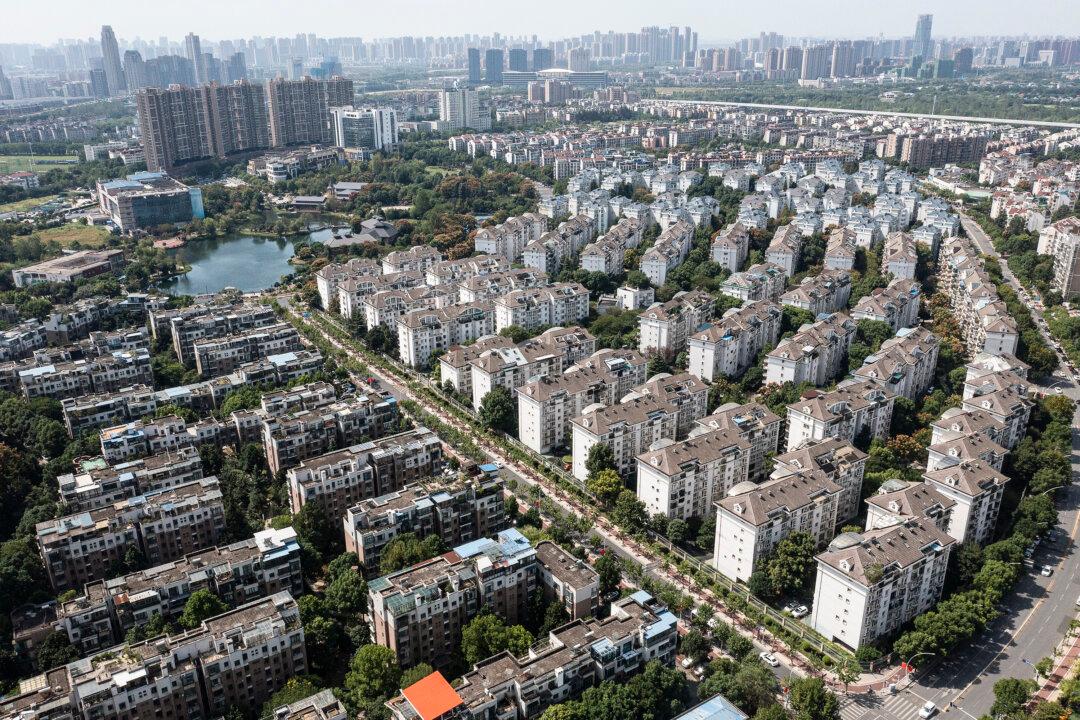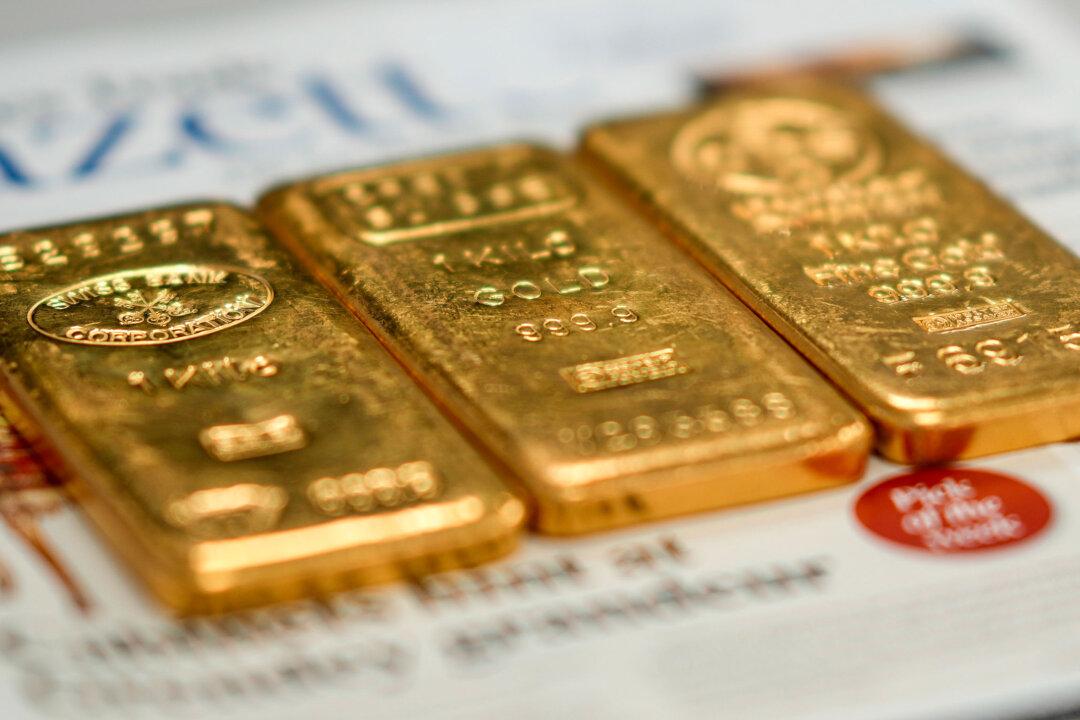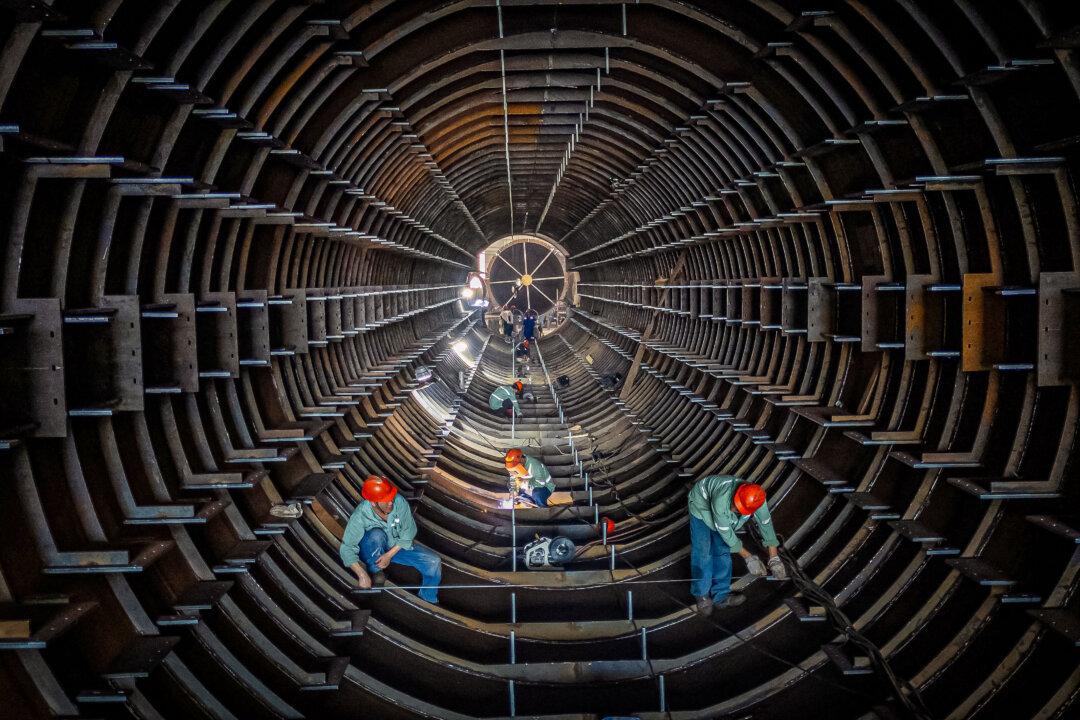Just over a week ago, China’s housing minister sent a stern message to struggling real estate companies. Warning that they should not expect to be bailed out, he said failing developers “must go bankrupt.”
Shortly after, it became clear that Beijing’s tough love stance doesn’t apply to all housing developers, with reports that the State Council had stepped in to help struggling state-backed property giant Vanke.





